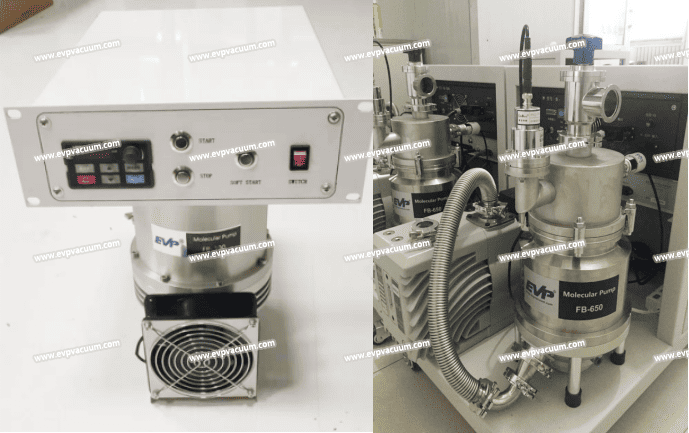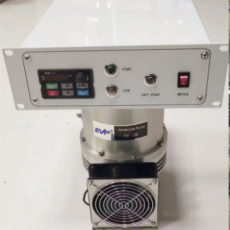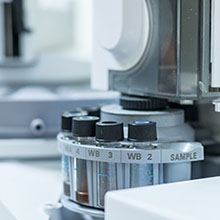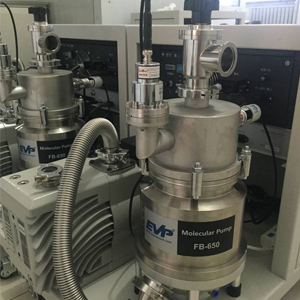Turbo-Molecular Pump Systems in hospital nuclear magnetic resonance systems
Turbo-Molecular Pump Systems Revolutionize MRI Operations in Hospitals
In a groundbreaking advancement for medical imaging technology, molecular pump systems are now being integrated into hospital Magnetic Resonance Imaging (MRI) systems, significantly enhancing their performance and reliability. This innovative application is set to transform the way healthcare providers deliver diagnostic services, ensuring faster, more accurate, and energy-efficient imaging processes.
What are Turbo-Molecular Systems?
Molecular pump systems, known for their ability to create and maintain high vacuum environments, are traditionally used in industries such as semiconductor manufacturing and aerospace. These pumps operate by transferring momentum to gas molecules, effectively evacuating air and other gases from a sealed environment. Their precision and efficiency make them ideal for applications requiring ultra-clean, low-pressure conditions.
Application in MRI system
MRI machines rely on powerful magnets and radio waves to generate detailed images of the human body. To function optimally, the superconducting magnets within MRI systems must operate at extremely low temperatures, achieved using liquid helium. Maintaining the vacuum insulation around these magnets is critical to prevent heat transfer and ensure stable operation.
The introduction of molecular pump systems into MRI technology addresses this need with unparalleled efficiency. By creating and maintaining a high vacuum environment, these pumps reduce thermal losses, extend the lifespan of the cooling system, and minimize the need for frequent maintenance. This results in reduced downtime for hospitals and more reliable access to diagnostic imaging for patients.
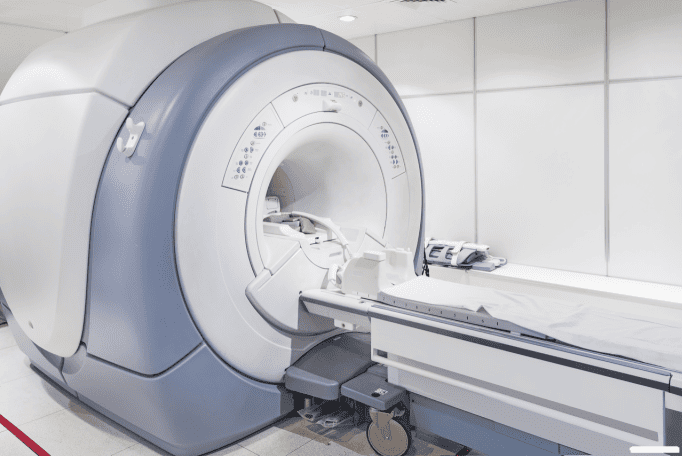
Benefits for Hospitals and Patients
1.Enhanced Imaging Quality: The stability provided by molecular pumps ensures consistent magnetic field strength, leading to sharper and more accurate MRI images. This is particularly crucial for diagnosing complex conditions such as brain tumors, spinal cord injuries, and cardiovascular diseases.
2.Energy Efficiency: Molecular pumps consume less power compared to traditional vacuum systems, contributing to lower operational costs and a reduced carbon footprint for healthcare facilities.
3.Reduced Maintenance: With fewer mechanical parts and a longer operational life, molecular pumps decrease the frequency of system failures and the need for costly repairs.
4.Improved Patient Experience: Faster scan times and fewer machine malfunctions mean shorter wait times and a more comfortable experience for patients undergoing MRI procedures.
In the future, with further advancements in molecular pump technology, its applications in the medical field will become even more widespread, bringing higher-quality medical services to patients worldwide.
(The article comes from the Internet. If reprinting is not allowed, please contact our company to delete it.)

